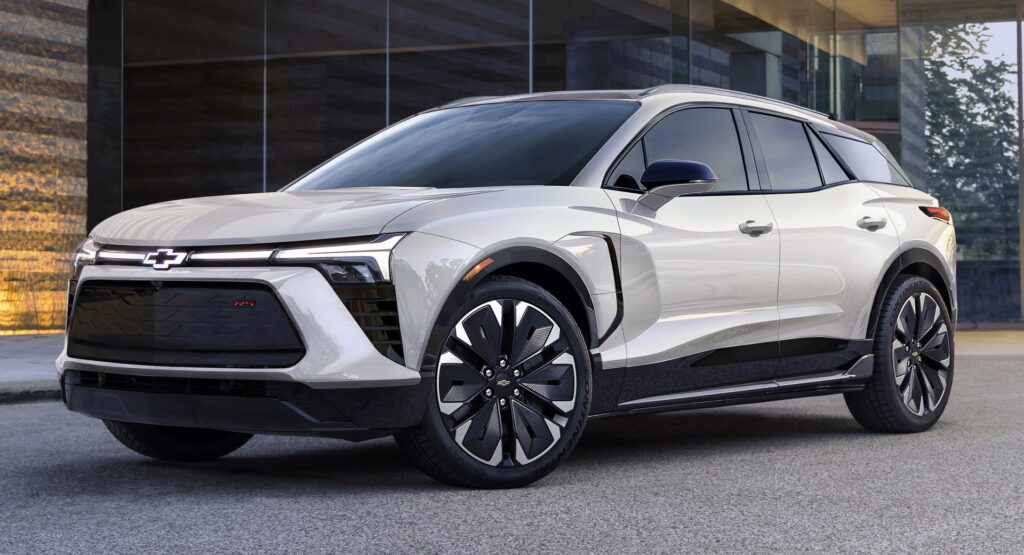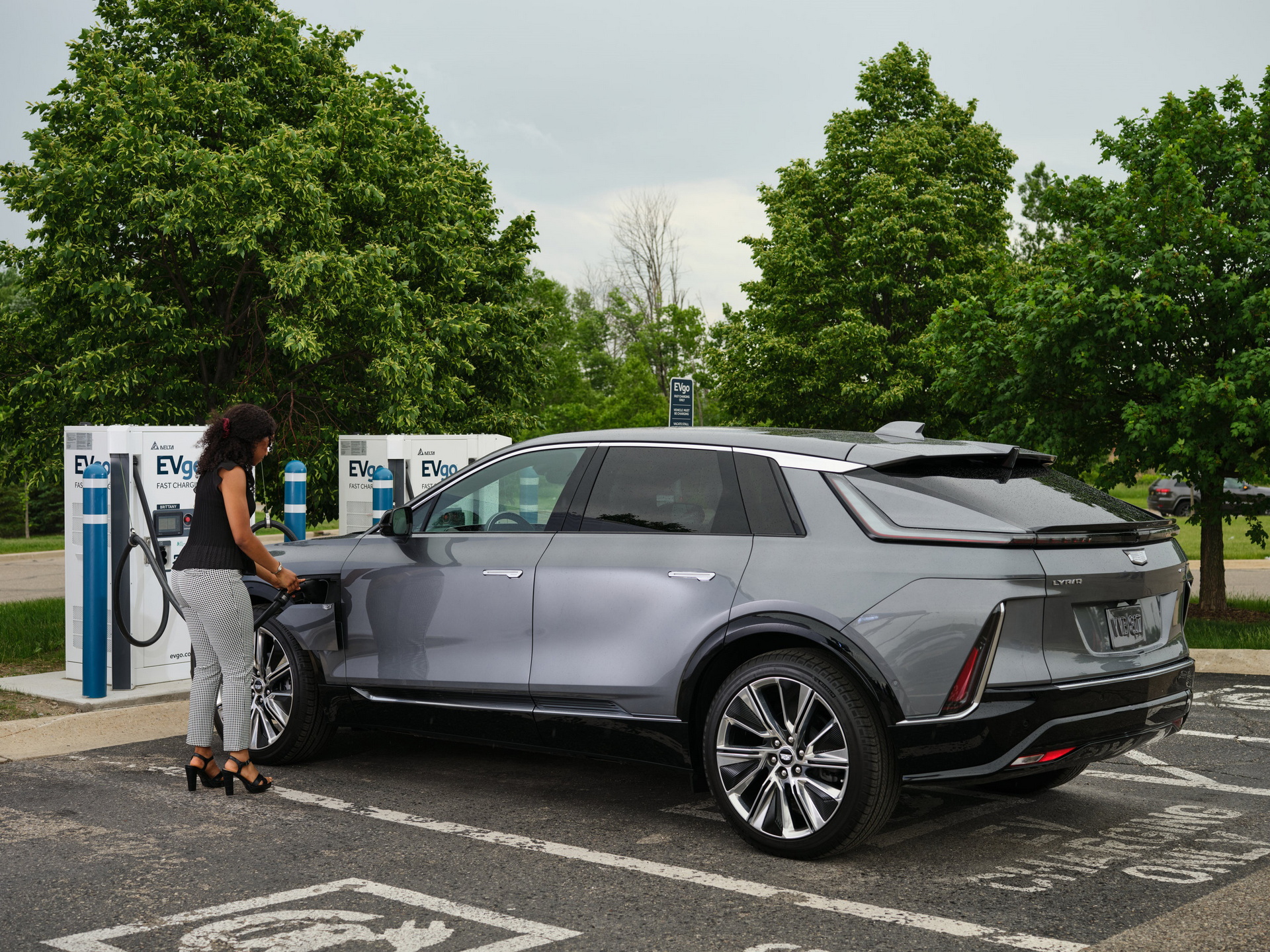General Motors aims to cut the cost of battery cells with a new partnership for a supply of nickel from Canada. The automaker announced today that it has signed a term sheet for the long-term supply of battery-grade nickel sulfate from mining company Vale.
The supplier will source the equivalent of 25,000 metric tons of nickel sulfate to GM per year from a proposed plant in Bécancour, Québec, Canada. Ultimately, the material will find its way into Ultium battery cells used by the likes of the Chevrolet Silverado EV, the Blazer EV, the Cadillac Lyriq, and more.
Speaking to Reuters, Doug Parks, GM’s head of product development, purchasing, and supply chain, said the deal will see the nickel going into batteries starting in 2026. The automaker, meanwhile, expects to cut the price of its cells to $70 per kilowatt-hour “in mid to late decade.” The average industry price for cells with nickel-based cathodes, meanwhile, has risen as high as $140 per kilowatt-hour.
Read: Canada Is Pitching Itself To Automakers As The Perfect Place To Build EVs
“This new agreement with Vale reinforces GM’s leadership in building a secure and sustainable North America EV supply chain and will provide GM with a significant supply of high-grade nickel sulfate from a low-carbon source,” said Parks in a statement.
In addition to lowering the price of nickel-cathode battery cells, the agreement is also being hailed as a move to also lower the carbon footprint of GM’s supply chain. According to Vale and Pierre Fitzgibbon, Quebec’s minister of the economy, the nickel coming from this new refinery will be exceptionally green.
“The signing of this agreement confirms that the biggest players in the industry want to invest here and enter our supply chain,” said Fitzgibbon. “We have the resources and the expertise to produce the cleanest battery in the world, and this news will certainly contribute to that.”
Finally, the deal will be particularly important with the passing of the Inflation Reduction Act, which favors EVs made with materials sourced from places like the U.S. and Canada.
“GM’s dedicated cross-functional organization—including experts from global purchasing and supply chain, corporate development, legal, finance and treasury—is strictly focused on building a secure, sustainable, scalable and cost-competitive EV supply chain,” said Parks. “In addition, Canada continues to play an important role in GM’s all-electric future and the material sourced from Vale will help support EV eligibility for consumer incentives under the new clean energy tax credits in the U.S.”






